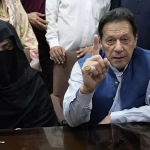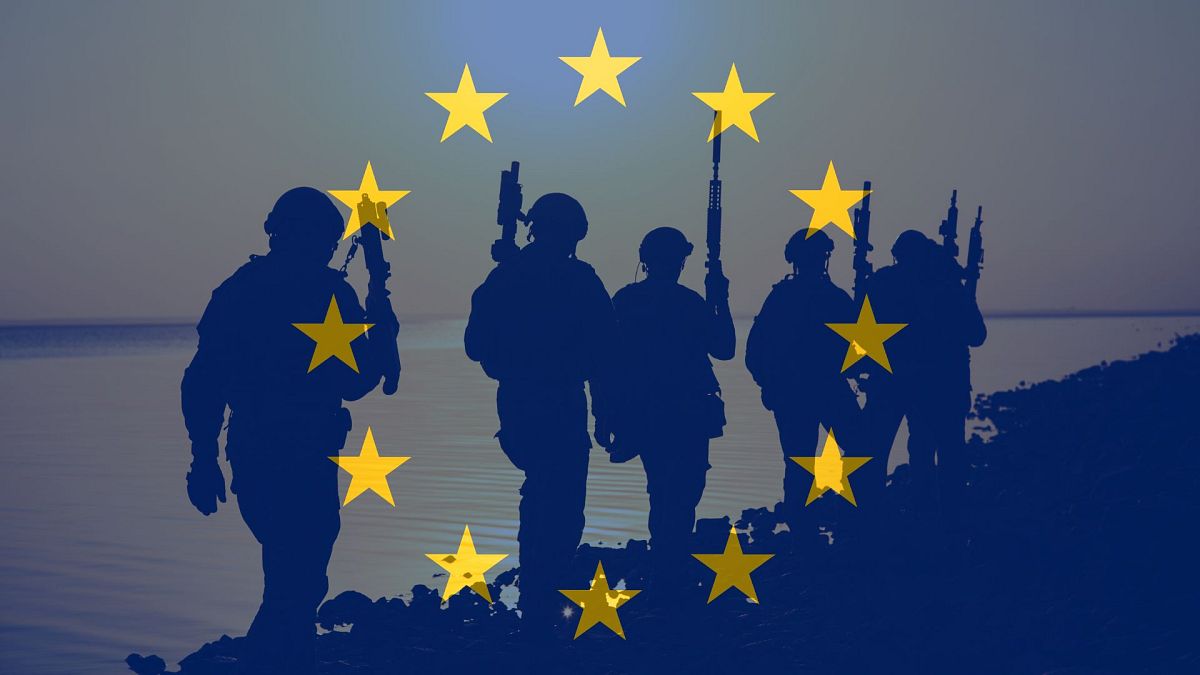Critics of the European Union have often claimed that the bloc is in the process of creating a joint army, or has already done so, pointing to calls from pro-European voices advocating for a closer union. This myth has been used primarily by right-wing parties and Eurosceptics to attack the EU’s leadership and its direction. However, even some proponents of an “ever closer union” have supported the idea of a European army as a means to better defend the continent and lessen its dependence on the United States. But the reality is that there is no such thing as an EU army in existence or in development.
During Brexit discussions, fears were stirred up by “Leave” supporters about British citizens being forced to serve in a Europe-wide military force without their consent. However, experts like Professor Daniel Fiott, head of the Defence and Statecraft Programme at the Centre for Security, Diplomacy and Strategy of the Brussels School of Governance, have debunked these claims, asserting that there are no secret plans in Brussels for setting up an EU army. The idea of a European army is a divisive issue, with some advocating for it as a step towards greater integration while others see it as a threat to national sovereignty.
While there was an attempt to establish a European army in the 1950s following World War II, it ultimately failed. The European Defence Community treaty was ratified by several countries, but it was abandoned by France and Italy, leading to its collapse. Despite this historical background, the EU currently has a common security and defense policy and a defense agency, but this does not constitute an actual army. Member states collaborate closely on defense matters through treaties, enabling them to deploy military and civilian assets for crisis management and peacekeeping operations.
In addition to the EU’s common security and defense policy, European countries are also part of NATO, the North Atlantic Treaty Organization. Some experts believe that further alignment through NATO would be a more practical approach to strengthening European defense capabilities. Sven Biscop, professor of strategy and foreign policies at Ghent University, suggests that European allies should focus on aligning their contributions within NATO rather than pursuing a separate European army. By utilizing EU instruments and the European defense fund, European NATO allies can build up their military capabilities and lessen their dependence on the US for operations within NATO.
The current situation within NATO sees European forces lacking full operational capacity without US support. Biscop envisions a scenario where European NATO allies could effectively operate with minimal American involvement, with European countries using EU instruments to provide their own assets for defense. This approach would allow for a more unified and self-sufficient European defense strategy within NATO, while also leveraging EU resources to address any military shortcomings. By aligning their efforts within NATO, European countries can enhance their collective defense capabilities and reduce reliance on external partners for security operations.










